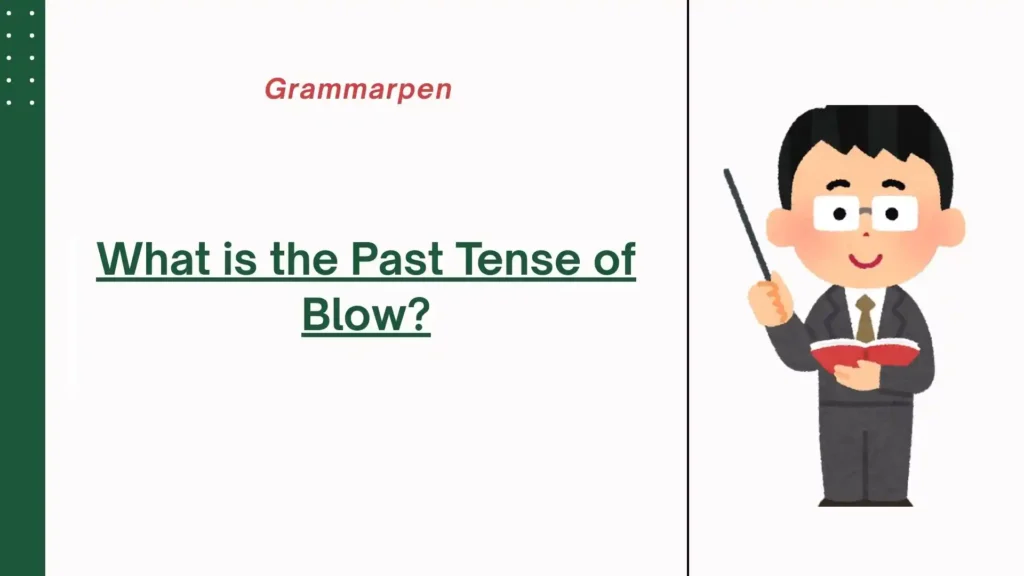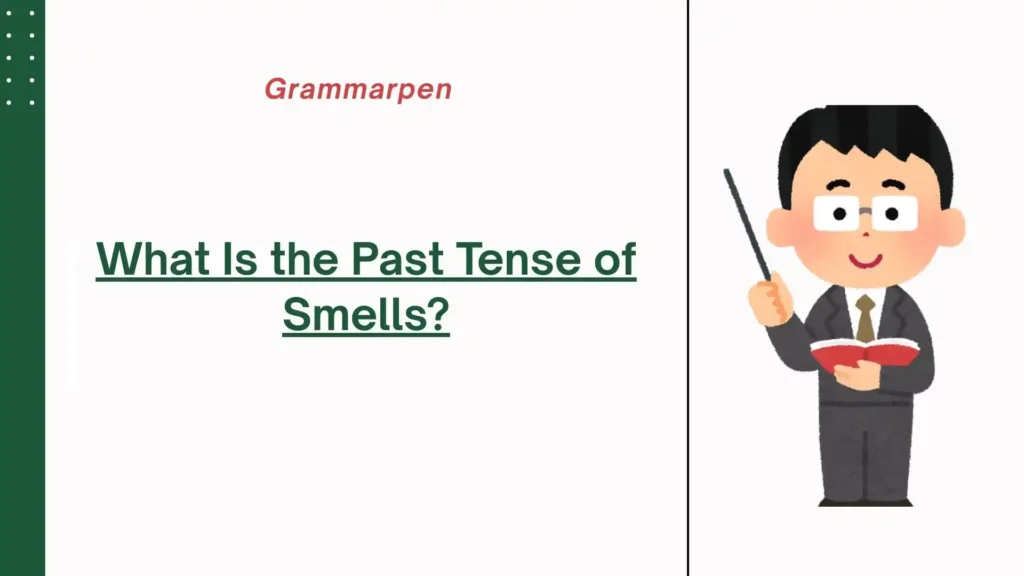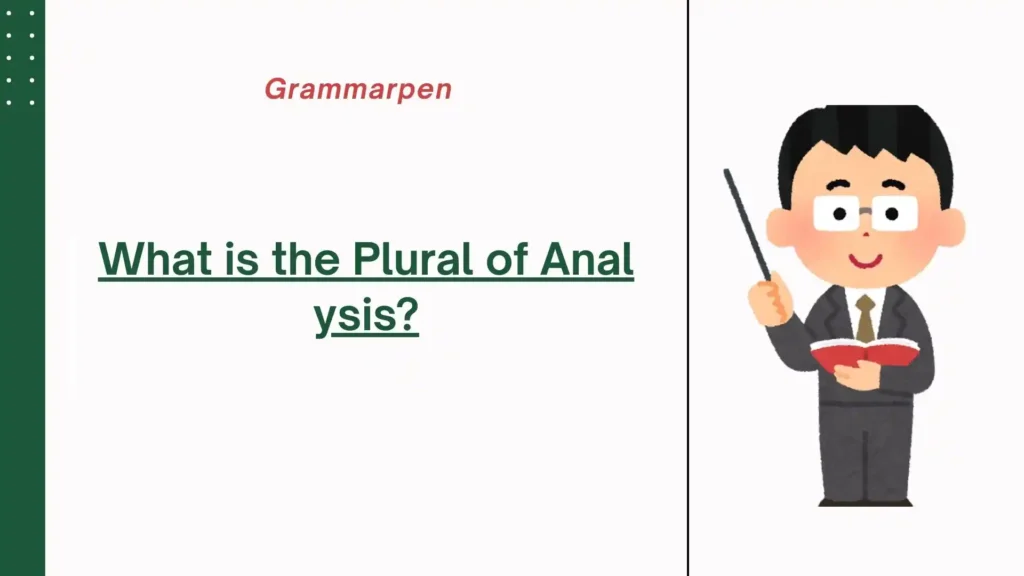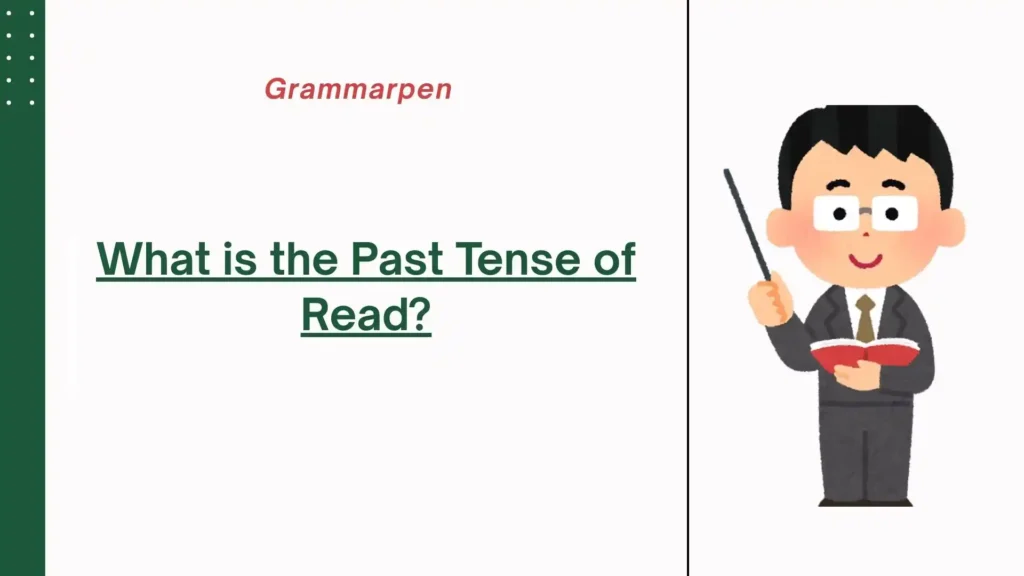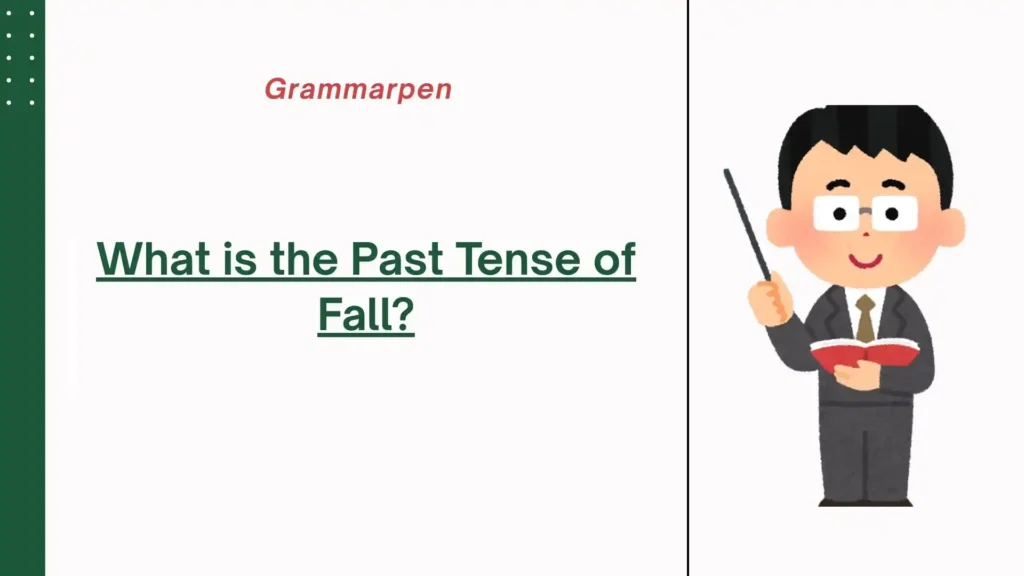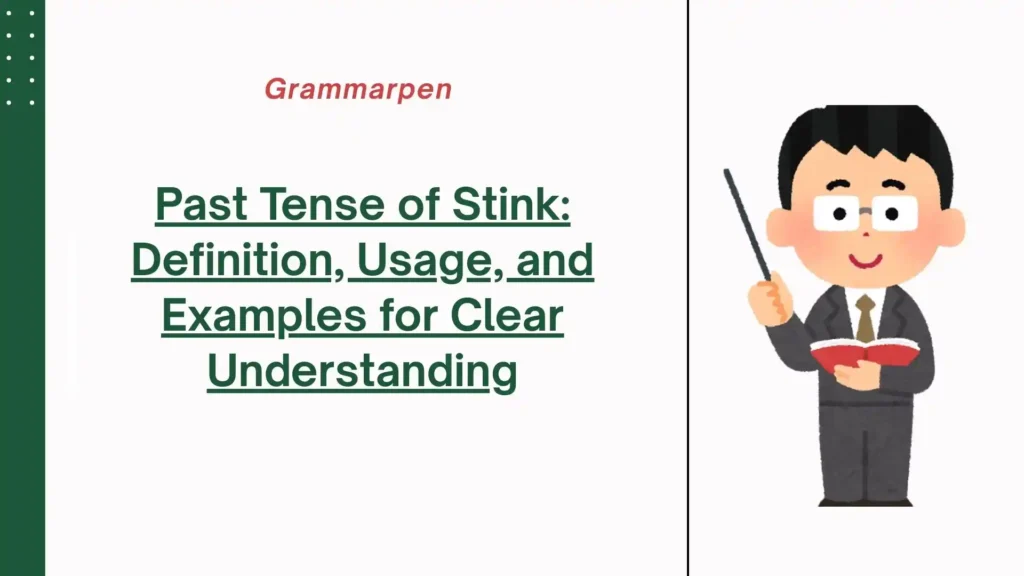What Is the Plural of Hypothesis? Simple Grammar Guide
Understanding how words change from singular to plural is one of the most important parts of English grammar. For many words, the rule is simple: add an –s at the end. However, some words do not follow that pattern. One such word is hypothesis. Because it comes from Greek, it keeps its ancient form when…
Read more




